Christmas Soft Shortbread Cookies: The Real Traditional Recipe
The holiday season is often synonymous with a delightful array of sweets and treats, and one of the most cherished recipes in many households is the Christmas soft shortbread cookies. These buttery, melt-in-your-mouth cookies possess a unique charm that embodies the warmth and spirit of Christmas. This article will provide an in-depth exploration of Christmas soft shortbread cookies, their ingredients, preparation methods, variations, and address some frequently asked questions related to this festive delight.
Why is Butter used in Christmas Soft Shortbread Cookies?
Butter is an integral component of traditional shortbread cookies and plays several pivotal roles in achieving the cookie’s characteristic texture and flavor.
The Benefits and Culinary History of Butter
Butter brings to the table a wealth of flavor, providing that rich, creamy essence that is synonymous with shortbread. In the culinary history of this cookie, butter has been the traditional fat of choice as it yields a distinct crumbly texture while enhancing the cookies’ delightful richness. Historically, Scottish bakers utilized butter to create a simple yet indulgent treat that would eventually be enjoyed worldwide. The balance of fat from butter is essential, as it influences the melting quality of the cookies, making them exceptionally tender and soft.
Possible Alternatives to Replace Butter
While butter is the classic choice for shortbread cookies, there are alternatives for those with dietary restrictions or preferences. Options like margarine, coconut oil, or even vegan butter can be used to create a comparable texture, although the flavor profile may differ slightly. These substitutes can still yield delicious results while accommodating various dietary needs.
Ingredients in Christmas Soft Shortbread Cookies
Understanding the key ingredients and their roles in the overall recipe is essential in replicating the perfect Christmas soft shortbread cookies.
Basic Products
The fundamental ingredients for traditional soft shortbread cookies include:
- Butter: Provides the rich flavor and tender texture.
- Granulated Sugar: Adds sweetness and lightens the texture.
- All-Purpose Flour: The main structural component, forming the cookie body.
- Cornstarch: This ingredient contributes to the cookie’s delicate crumb and soft texture.
Essential Seasonings or Add-ins
To add additional flavor and festive cheer, the following seasonings and add-ins are commonly included:
- Vanilla Extract: A staple flavoring that enhances the cookie.
- Almond Extract: An optional addition for a subtle nutty flavor.
- Powdered Sugar: Often used for dusting before serving to add an elegant touch.
- Sprinkles or Colored Sugar: These can be used to give the cookies a festive appearance.
Preparation of Christmas Soft Shortbread Cookies
The preparation of these delightful cookies is simple, allowing bakers of all skill levels to enjoy this scrumptious treat.
Step 1 – Preparing the Ingredients
Begin by ensuring that the butter is at room temperature, as this will allow for easier mixing. Measure out your flour, cornstarch, and sugar accurately using standard measuring cups.
Step 2 – Pre-Cooking or Special Preparation
Before mixing, it is beneficial to preheat your oven to 350°F (175°C) and prepare your baking sheet by lining it with parchment paper. This will prevent the cookies from sticking and facilitate even baking.
Step 3 – Mixing and Assembling
In a large mixing bowl, cream the softened butter and granulated sugar together until light and fluffy. This process usually takes about 2-3 minutes. Gradually sift in the all-purpose flour and cornstarch, mixing gently until a dough forms. Be careful not to overmix, as this could result in tough cookies.
Step 4 – Cooking and Finishing
Roll the dough into balls or press it into a lined cookie cutter for shapes and place them on the prepared baking sheet. Bake in the preheated oven for 12-15 minutes, or until the edges are lightly golden. Allow cooling on the baking tray for a few minutes before transferring to a wire rack to cool completely. For a finished touch, dust with powdered sugar or embellish with festive toppings.
Variations and Adaptations of Christmas Soft Shortbread Cookies
This traditional cookie stands up well to a variety of adaptations, allowing for personalization to suit different tastes.
Regional or Traditional Version
In Scotland, where shortbread originated, bakers often use a combination of rice flour and all-purpose flour, creating a unique texture that reflects regional preferences.
Modern or Revisited Version
Modern interpretations may include flavors such as citrus zest (like lemon or orange) or spices like cinnamon or nutmeg, allowing bakers to capture the essence of the season with innovative twists.
Adaptations to Suit Your Tastes
For those seeking dietary adjustments, numerous adaptations can be made. Gluten-free versions can be created using almond flour or gluten-free flour blends. For a lighter option, consider reducing the sugar or replacing part of the butter with applesauce, which will yield tender cookies while cutting down on calories.
Frequently Asked Questions about Christmas Soft Shortbread Cookies (FAQ)
1. Can I freeze Christmas soft shortbread cookies?
Yes, these cookies can be frozen. Place them in an airtight container with parchment paper separating the layers. They can be stored for up to three months.
2. How can I ensure my cookies stay soft?
Baking them just until the edges are golden, rather than allowing them to brown, helps maintain their soft texture. Moreover, keeping them stored in an airtight container will prevent them from drying out.
3. Can I add chocolate to the dough?
Absolutely! In fact, incorporating chocolate chips can provide a delightful contrast to the buttery base.
In closing, Christmas soft shortbread cookies are not only a timeless holiday treat but also a canvas for creativity in the kitchen. Embracing tradition while allowing room for innovation and personalization, they continue to delight bakers and cookie lovers alike.





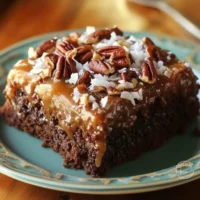
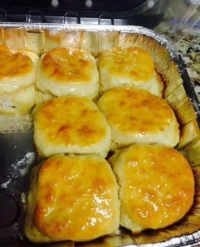
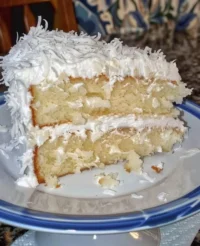

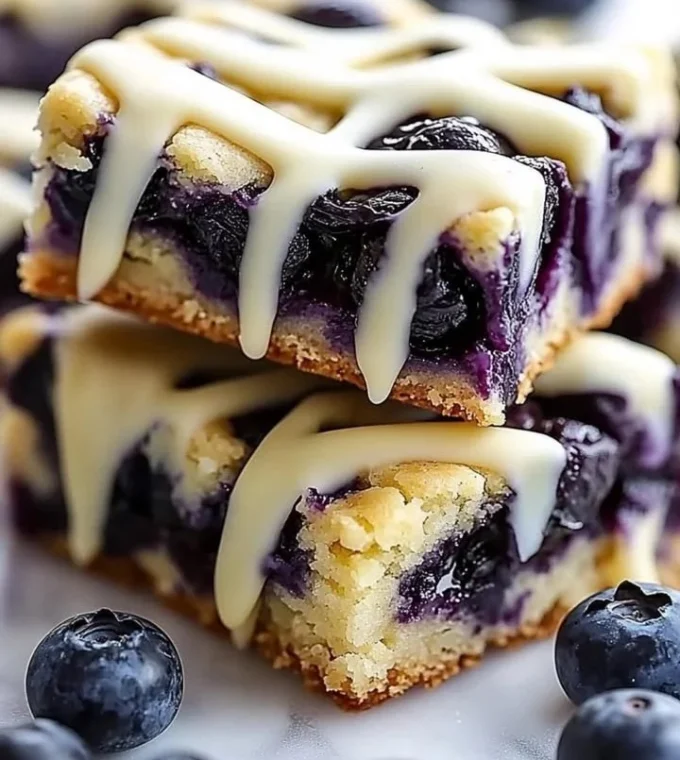
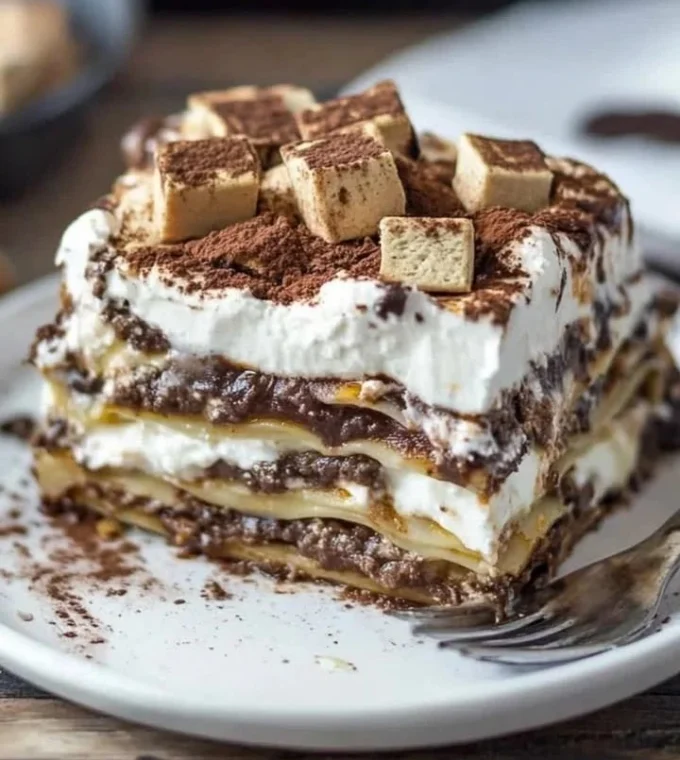

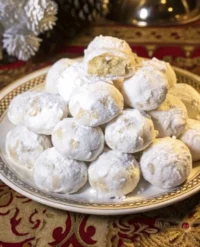

Leave a comment